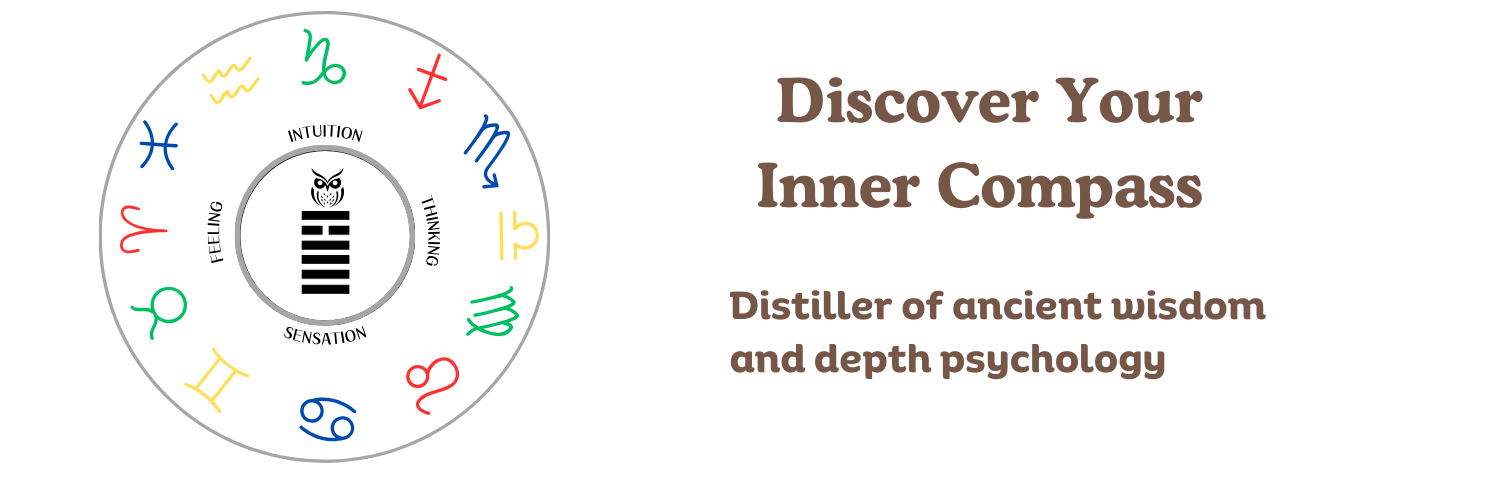I read a bunch of books in 2021. I thought the total was 85, but a recount just now shows it was 91, which is the most I’ve ever read in one year. I will share below the eight books I enjoyed the most. They aren’t all Jungian psychology, typology, and astrology, I promise.
Also, I have a monthly newsletter where I share the best of what I read each month. I don’t put those in blog posts, so feel free to subscribe if you’d like to get that book email.
OK, here is my top 8 of the year:
- C.G. Jung Speaking – This was my favorite of the year. It contains excerpts from his letters and observations from people who knew him. It is arranged chronologically so you can see the progression of his career and thoughts. It is much easier reading than his books and gives you a feel for what he must have been like as a person. I will definitely reread this.
- The Forsaken Garden by Nancy Ryley. This was a very close second. It is a collection of interviews with Marion Woodman, Ross Woodman, Thomas Berry, and Laurens Van Der Post. They share very deep insights about the meaning of environmental illness from a Jungian perspective. I also learned a lot more about the Romantic poets.
- The Overstory by Richard Powers. This novel is simply stunning. Trees are some of the main characters and I learned so much about trees that I never knew before. The first half of the book is like a collection of short stories about different characters and trees. Then in the last half of the book all the characters come together. It starts slow, but please stay with it.
- Lincoln’s Melancholy: How Depression Challenged a President and Fueled His Greatness by Joshua Wolf Shenk. This book takes a unique angle of examining Lincoln’s childhood and career through the lens of his melancholy. You come away feeling like you know Lincoln on a personal level. It also shows how suffering can be transformed into serving others.
- Destiny of the Republic: A Tale of Madness, Medicine and the Murder of a President by Candice Millard. I so enjoyed learning about President James Garfield, who unfortunately was assassinated a year into his presidency. This book also gives a fascinating look at the history of medicine at the time. Garfield would have survived if the American doctors who treated him hadn’t shunned the new discovery of germs and importance of antisepsis that Europe was already using.
- Myers-Briggs Typology vs. Jungian Individuation by Steve Myers. At last, a book that carefully explains the difference between MBTI and Jungian personality typology. He is respectful towards MBTI and not hyper-critical the way so many are these days. He also shows how to use typology to further individuation and overcome one-sidedness.
- The Heavens Declare: Astrological Ages and the Evolution of Consciousness by Alice O. Howell. What a delight it is to read Alice O. Howell. She was a Jungian astrologer who helped bridge the gap between Jungian psychology and astrology. She was allowed to teach at Jung Institutes even though she wasn’t an analyst. This book, and her Jungian Symbols in Astrology book, are collections of letters she wrote to a Jungian analyst. In addition to being fun to read they have many profound Jungian insights.
- Jungian Spirituality by Vivianne Crowley. This gives a brief overview of Jung’s biography and his main areas of expertise, such as alchemy, astrology, personality types, and more. I especially enjoyed the chapters about Jung’s insights on Christianity and eastern religions. This is written in a way that accessible to those who don’t know much about Jung’s psychology.
If you read any of these books, or have any favorite books of your own you’d like to share, please email me or message me on Instagram. I’d like to hear from you!
